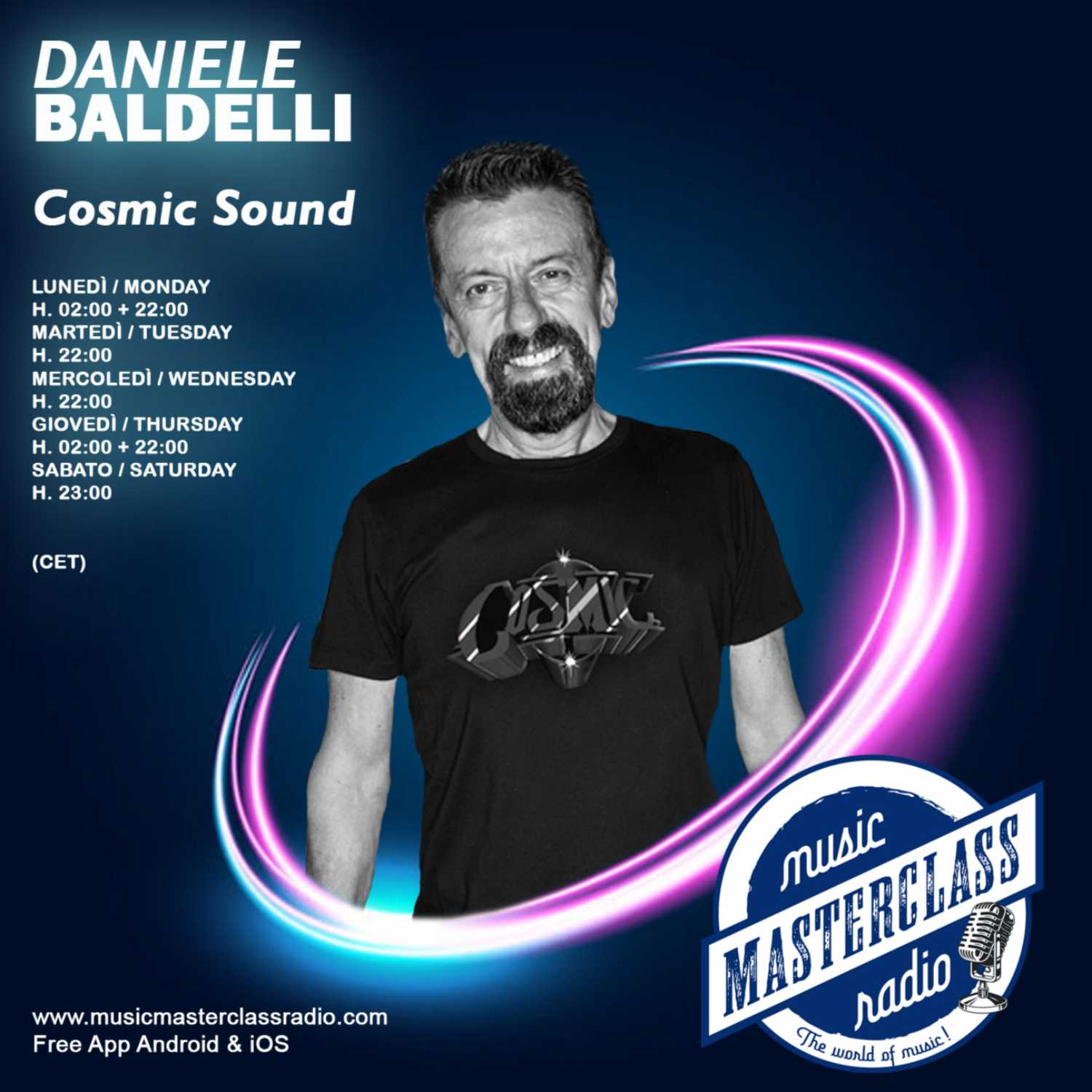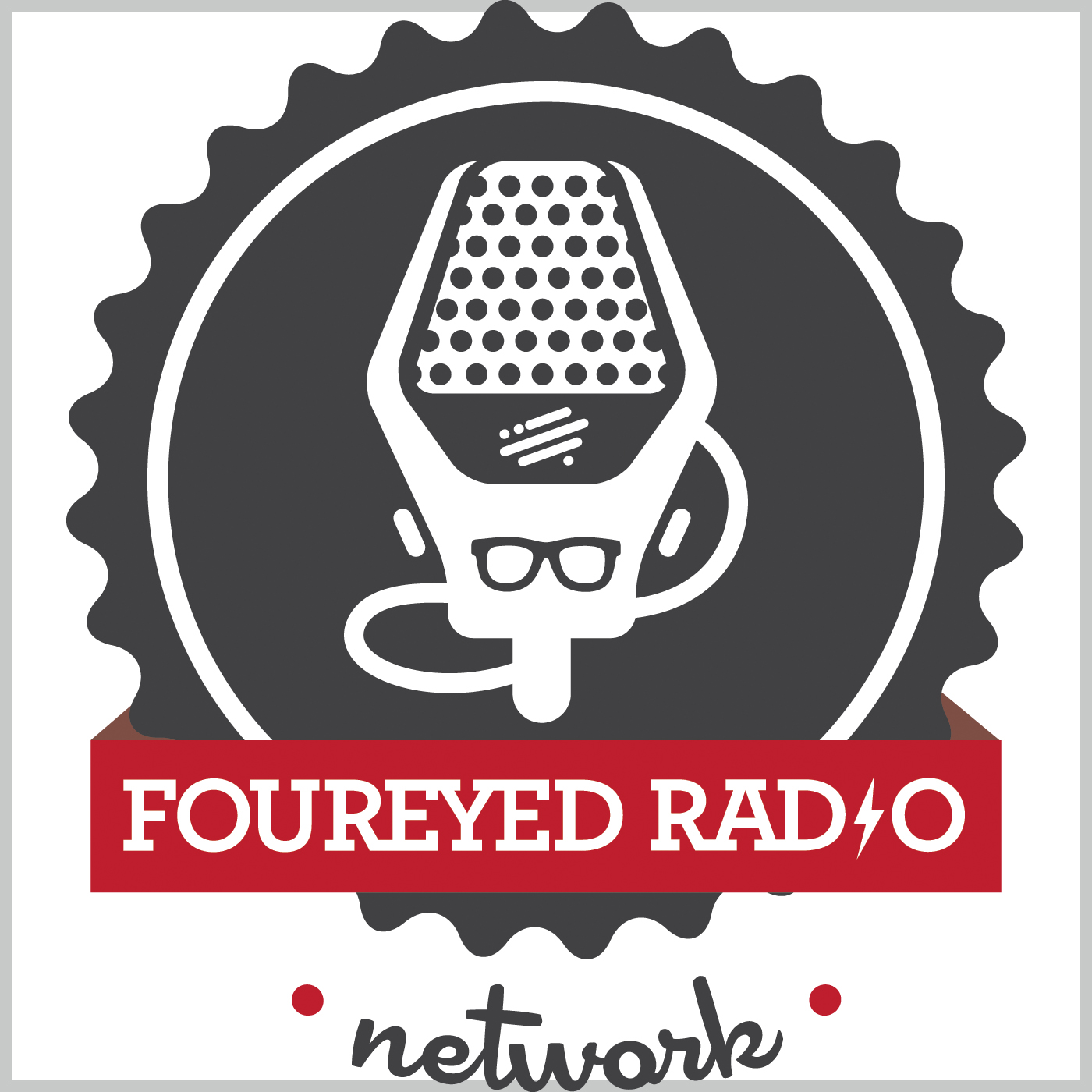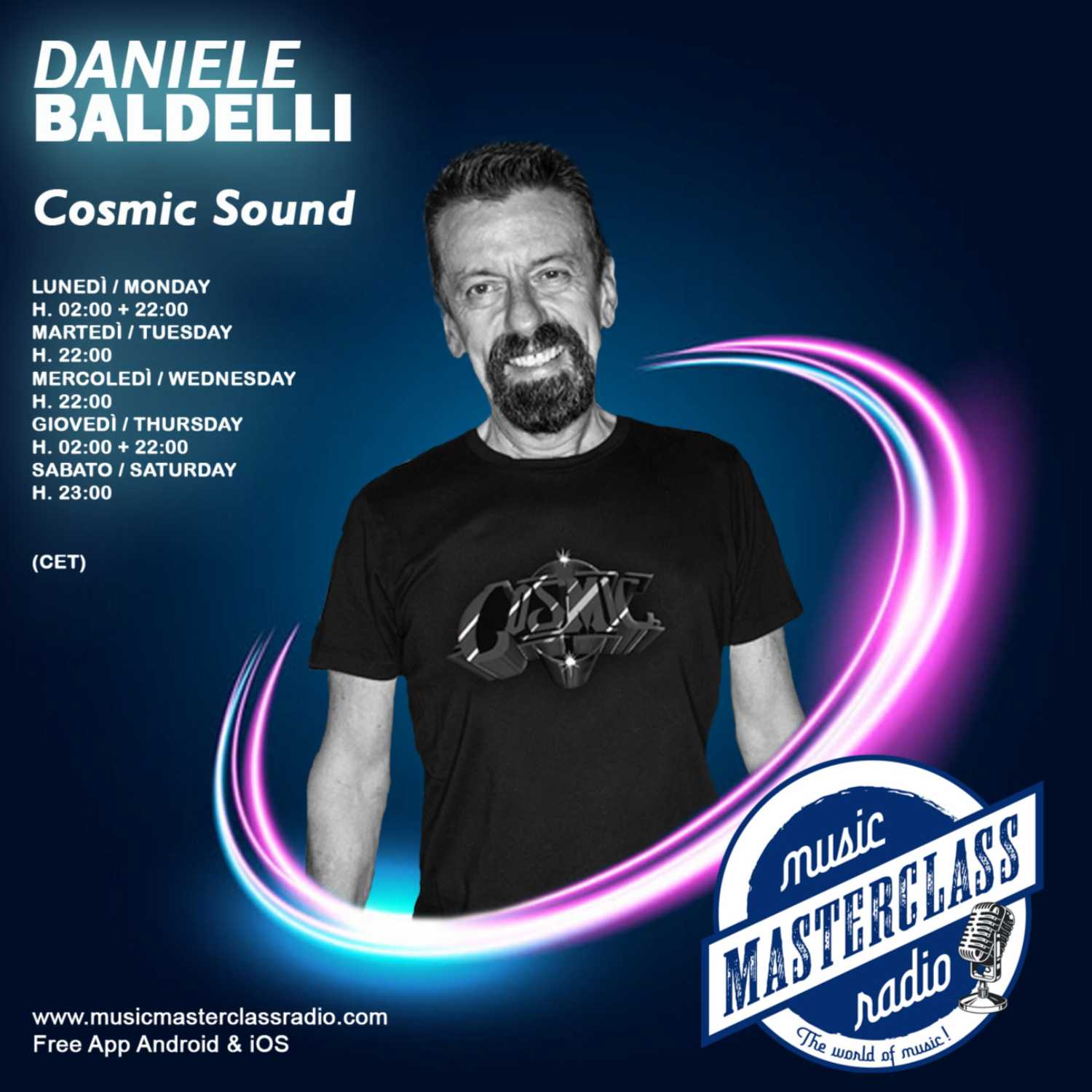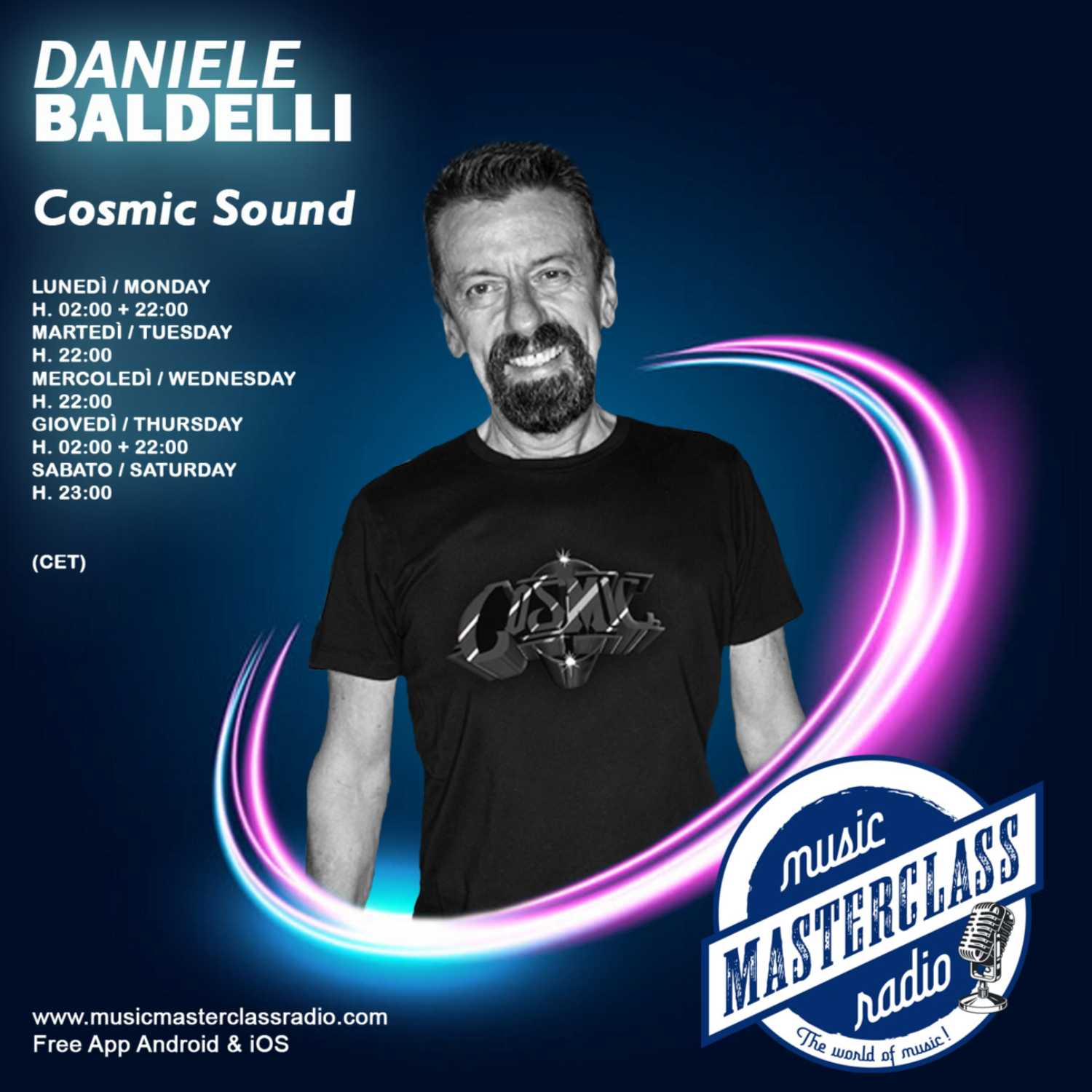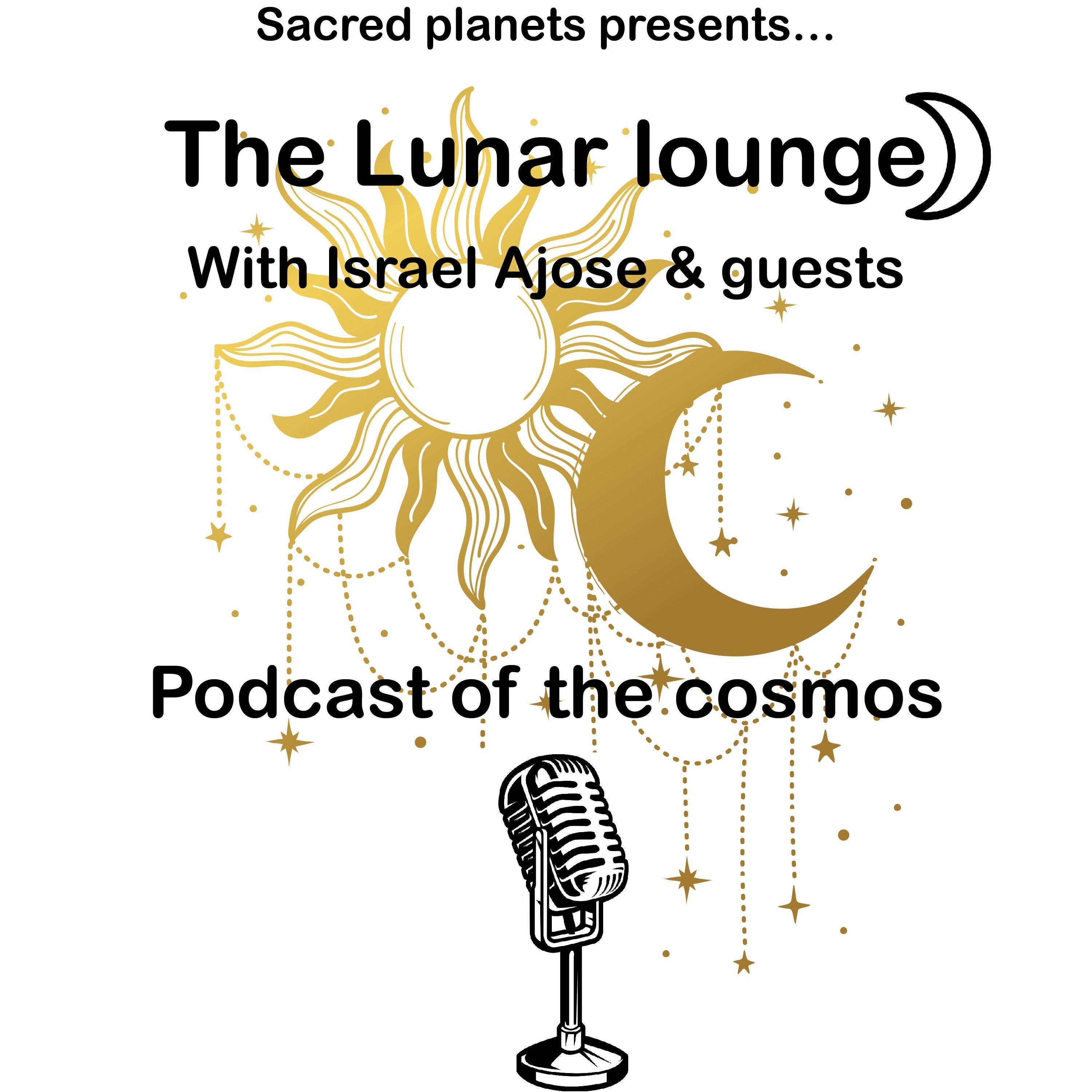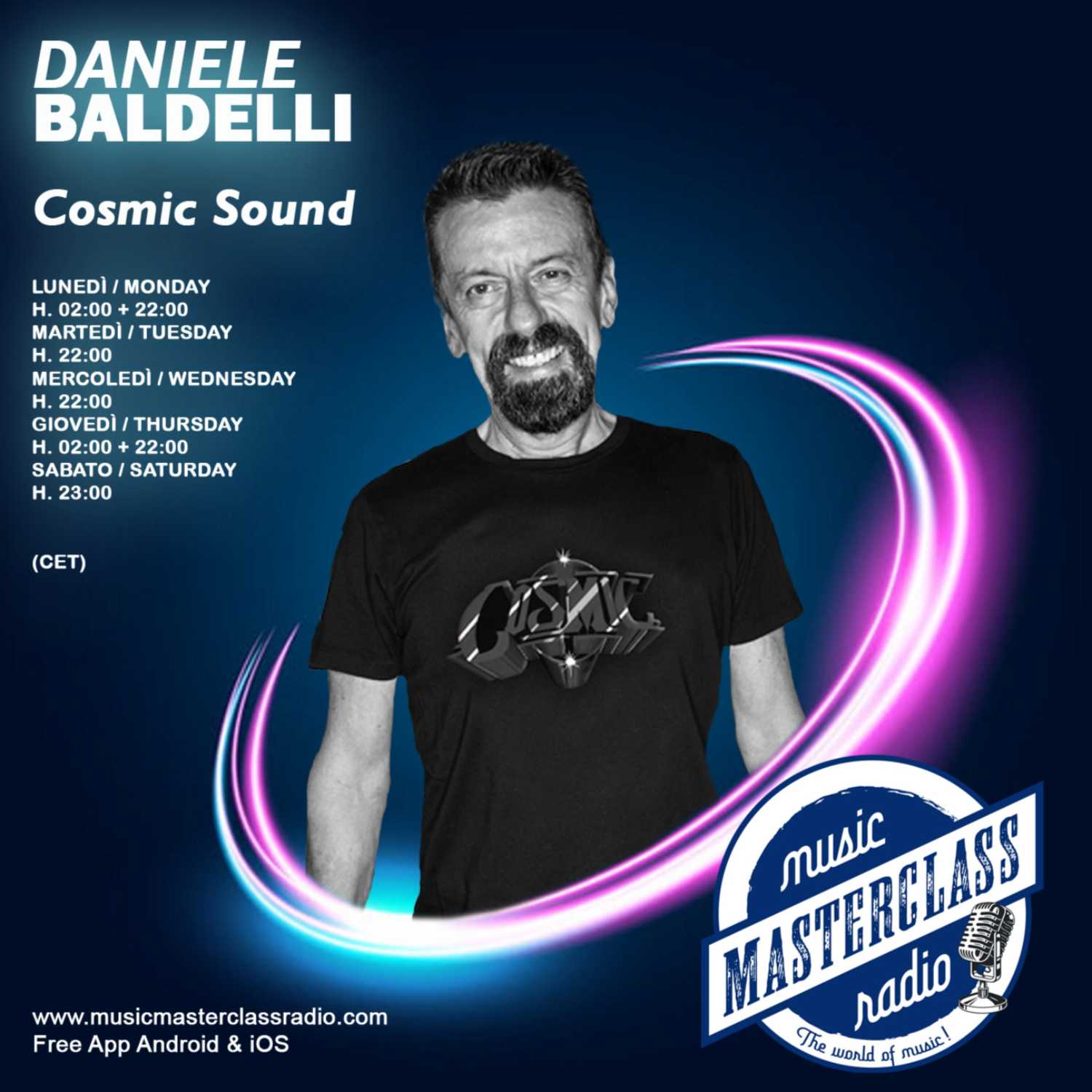The Cosmic Scholar
Harry Smith was the oddest duck you never heard of in the art underground: an unsightly, often obnoxious genius. Only the artists knew him, but it was a multitude: Bob Dylan, who sang the roots music that Harry Smith collected; Thelonious Monk, who talked him through the bop era; Patti Smith, the songster—no relation; the poet Allen Ginsberg, who looked after the homeless Harry Smith. John Szwed. And now the historian/detective John Szwed has filled in a thousand details in his portrait of the cosmic scholar and catalyst of our culture, Harry Smith. He was a compulsive worker who never took a straight job, a heavy drinker and a druggie, “a social outcast with time on my hands,” he called himself. He was a working artist in film, a mystic and a philosopher who said late in life that he had had the thrill of proving Plato right. Music, he declared, can change the direction of a civilization.
